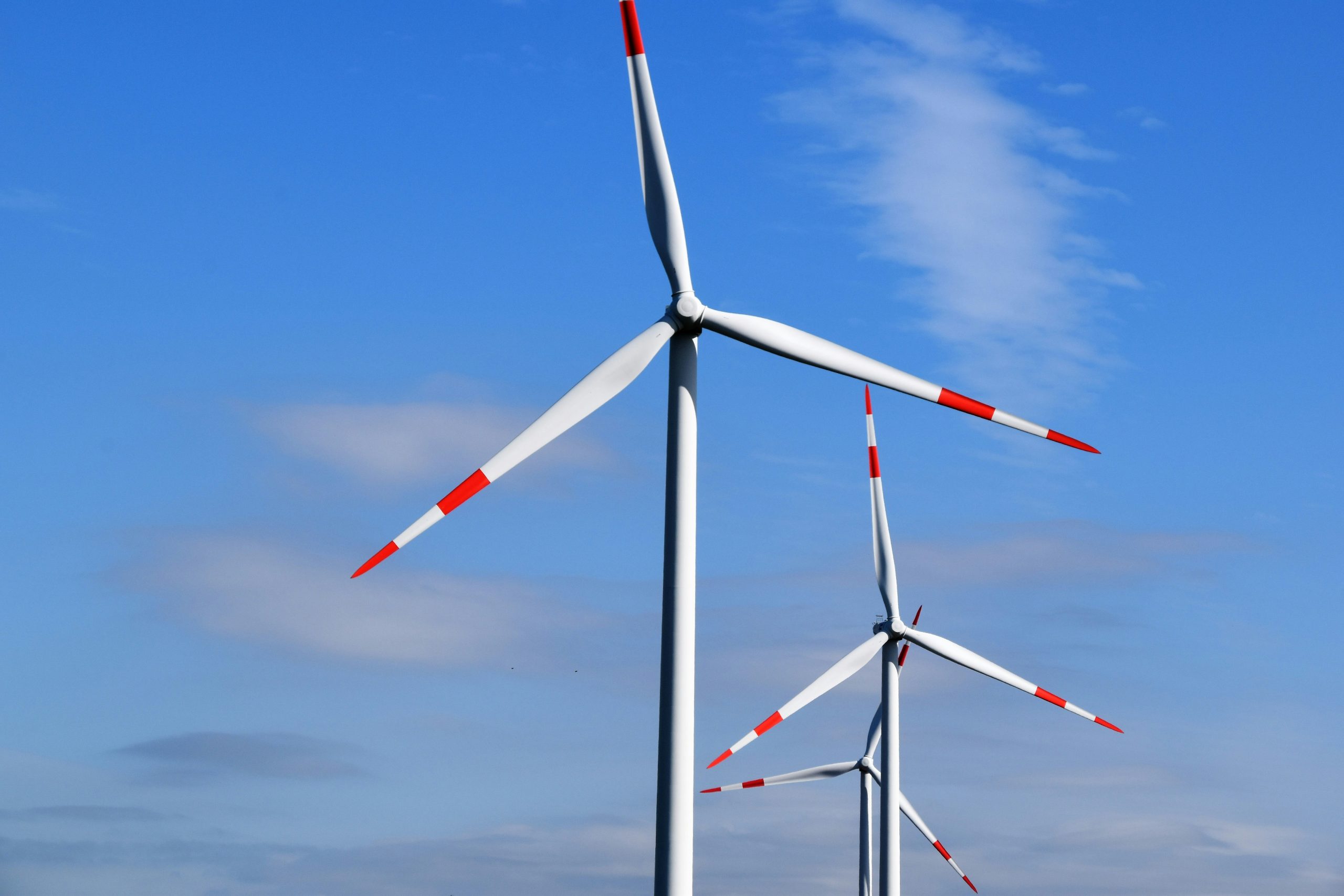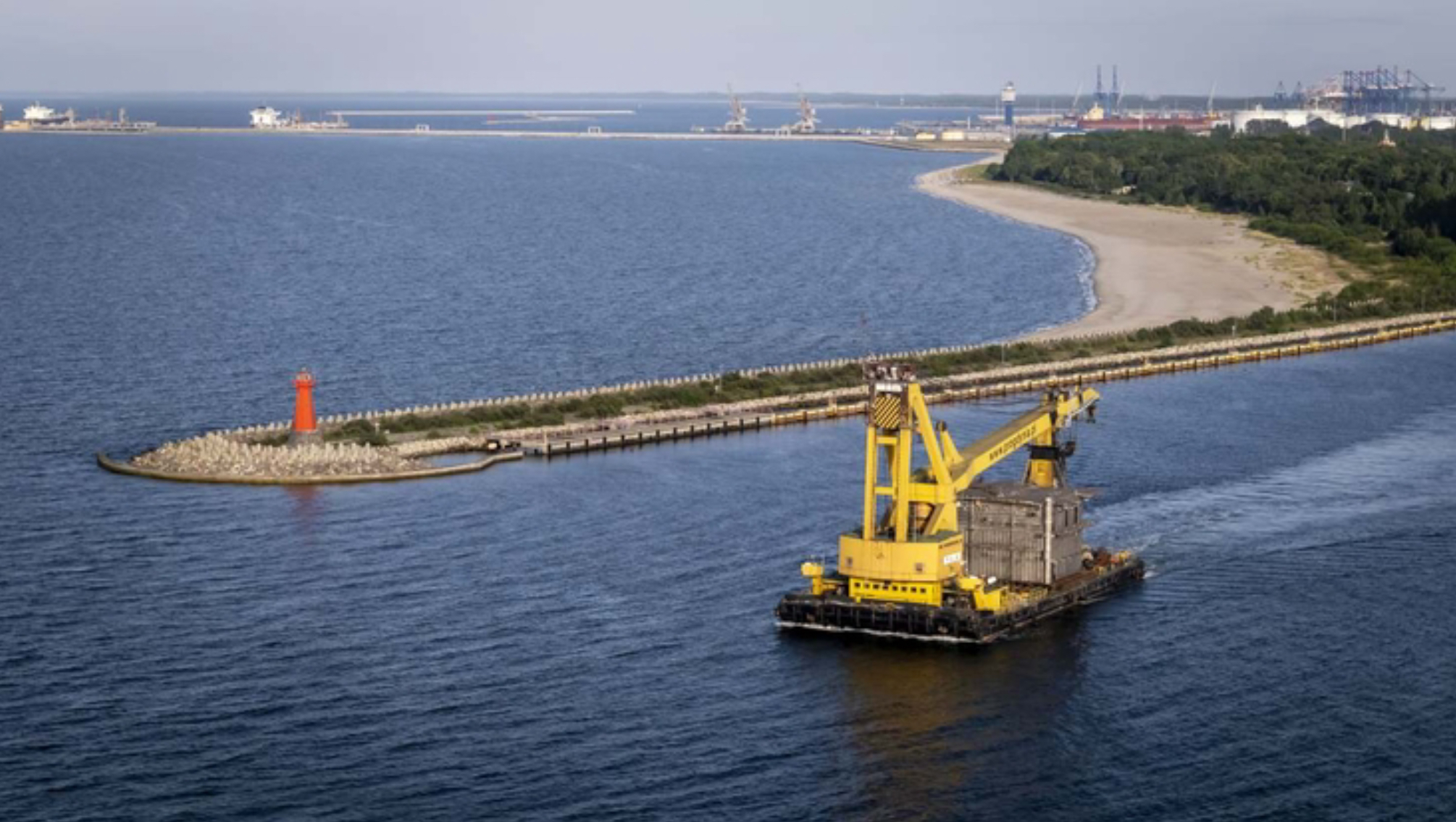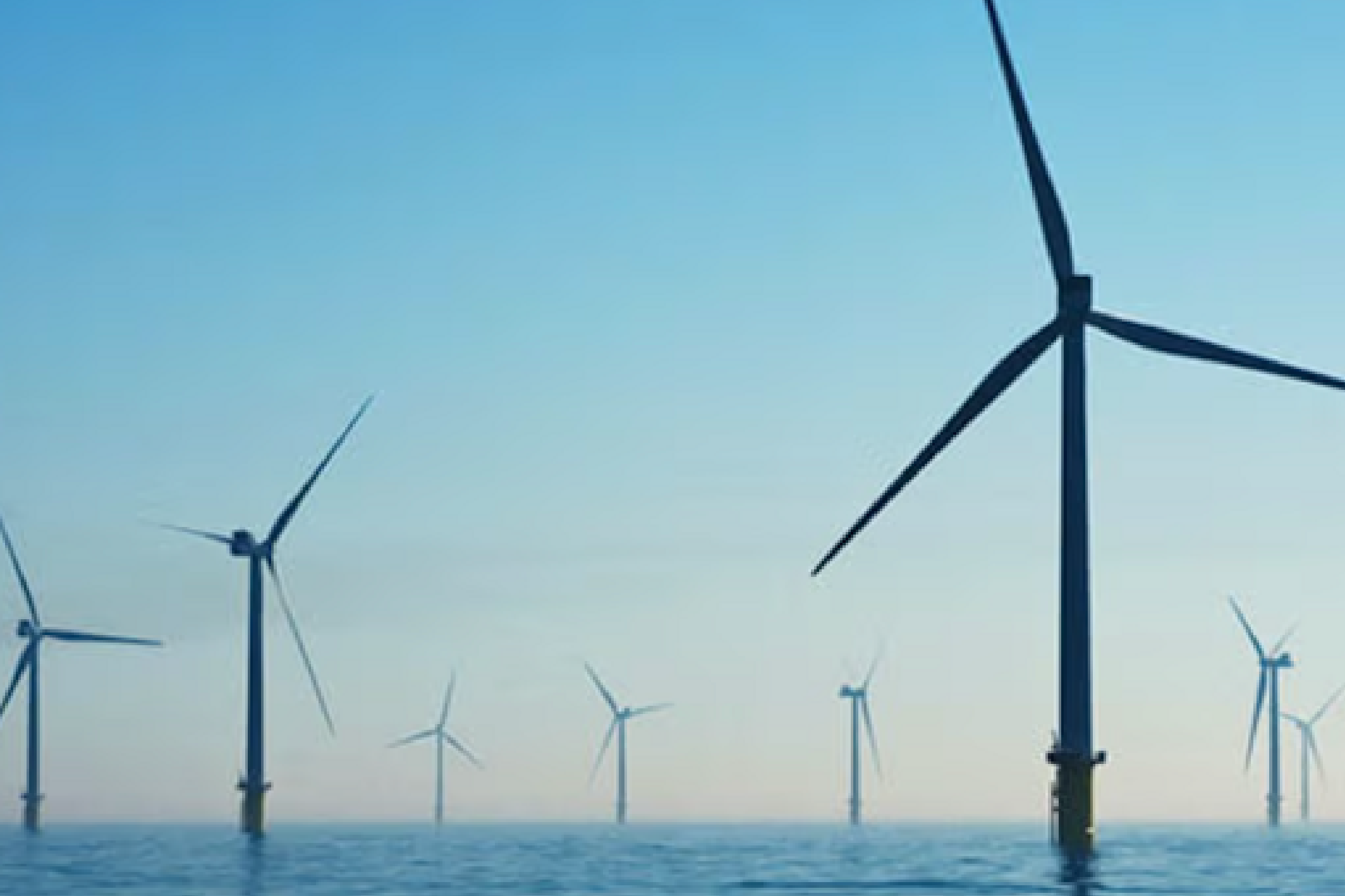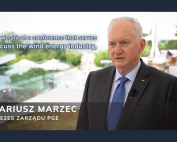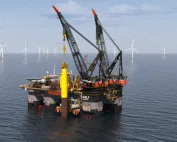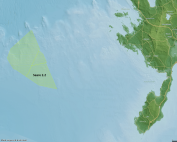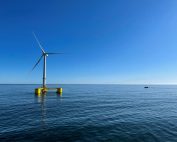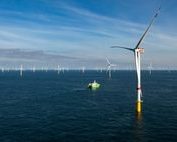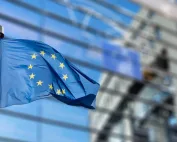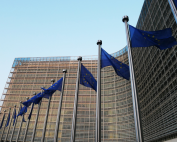We spoke to Alicja Chilińska-Zawadzka, CEO of EDF Renewables Poland, about the prospects for the development of the offshore wind energy sector. Among the topics discussed were the French experience in the energy transition, including the issues of developing competences for a zero-carbon economy, and building a supply chain involving local companies.
1) How to combine the realization of a just energy transition with the need to develop competencies for modern industries of the economy?
Developing competencies for modern industries of the economy, including wind energy, is indeed a major challenge. According to estimates by the Polish Wind Energy Association, almost 200,000 new jobs will be created at onshore and offshore farms by 2030. This is a huge number of specialists and competencies needed.
On the other hand, Poland has the most valuable asset – highly skilled and experienced employees of sectors that will be “extinguished” in the next decades. Such a sector is the mining industry. Therefore, we believe that these two elements in Poland’s case should be combined – it’s a mix that can contribute to meeting the growing needs of modern industries in the economy.
That’s why in 2023 we launched the “Wiatr – Kopalnia Możliwości” (“Wind – Mine of opportunity”) program, which is targeting miners leaving the mining sector. We want to provide them with the opportunity to work in a new, stable industry such as wind energy. After completing the training, miners will be ready to work as wind turbine technicians and service technicians – and their competence will be confirmed by certificates recognized around the world. We have planned the program for 3 years, so it will last until 2026. During this time we will train about 60 people.
2) In your opinion, what should be the direction of Polish-French cooperation in implementing the energy sector’s transformation towards zero-carbon? Which of EDFR experiences from global markets can add the most value?
Poland and the French energy transition have a lot in common. In France, EDF has successfully implemented a process of change to shift the economy to greener tracks. We are happy to share our experience with Polish energy leaders, because we share a common goal: Europe’s energy security and a zero-carbon economy. We know how to implement offshore projects within the financial and time regime, and we know how to build efficient supply chains based on local content. We have innovative solutions that we create in our R&D department. We are ready to share our knowledge to effectively create a new industry in Poland and thus support the energy transition.
As EDF Renewables, we are already engaging Polish contractors to develop our international energy projects. As a result, they are gaining experience and acquiring new competencies, which may prove to be crucial when implementing offshore projects in the Polish Baltic Sea.
3) Why is participation of local companies in the implementation of projects, especially in the offshore wind sector, important for EDFR?
In our experience, local content is of strategic importance. This belief is reflected in our philosophy of strongly influencing local economic growth.
We learned how important the involvement of local companies is to the success of a project during the construction of our Saint-Nazaire offshore wind farm. The project was being built in a difficult economic environment, and it was primarily because we based our supply chain on local content that we were able to complete construction on time and on budget.
Our experience also shows that participation of a few dozen, or more, percent of Polish companies is a necessary condition for the success of Polish OWF development. It is also a chance to build a new, stable branch of the economy. In France, only with the implementation of 3 offshore farms, we created 7,000 new jobs, which still exist today.
